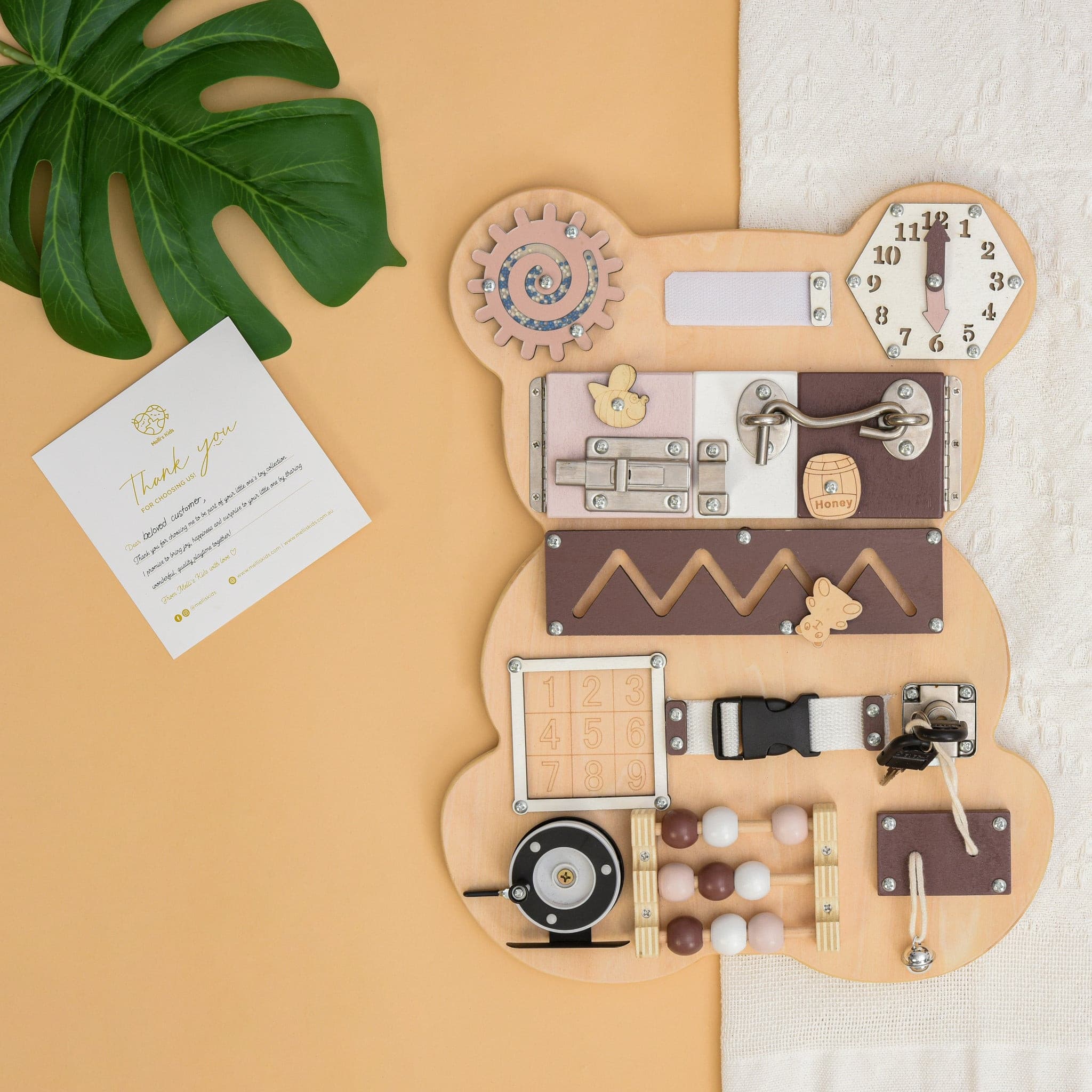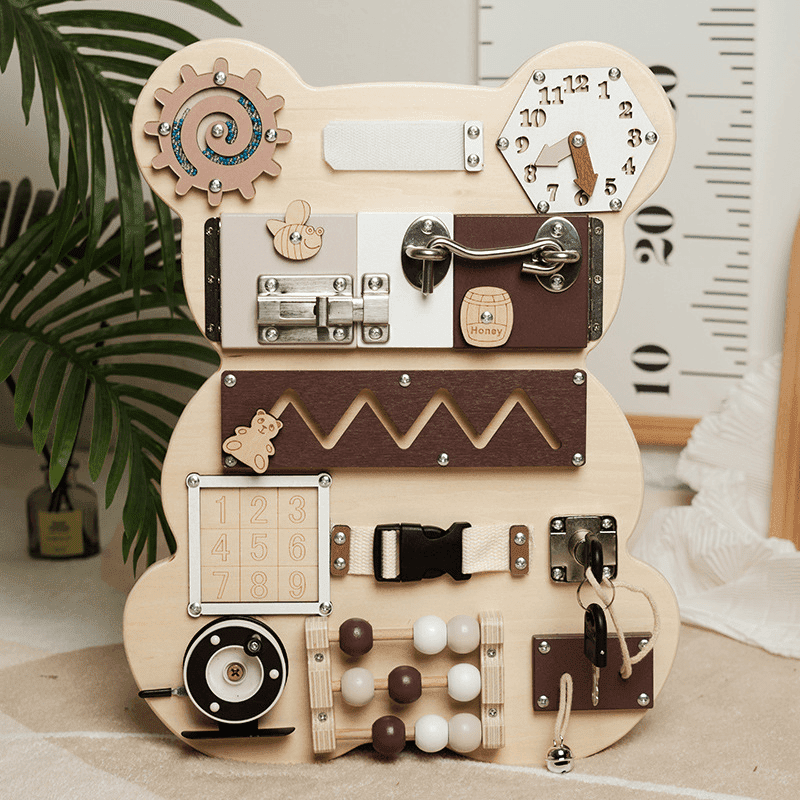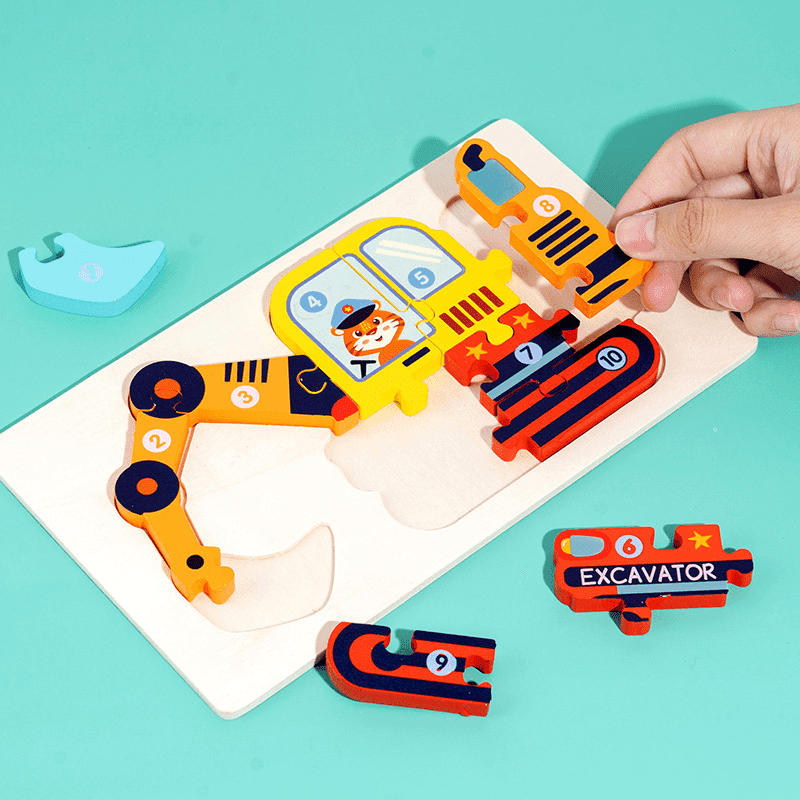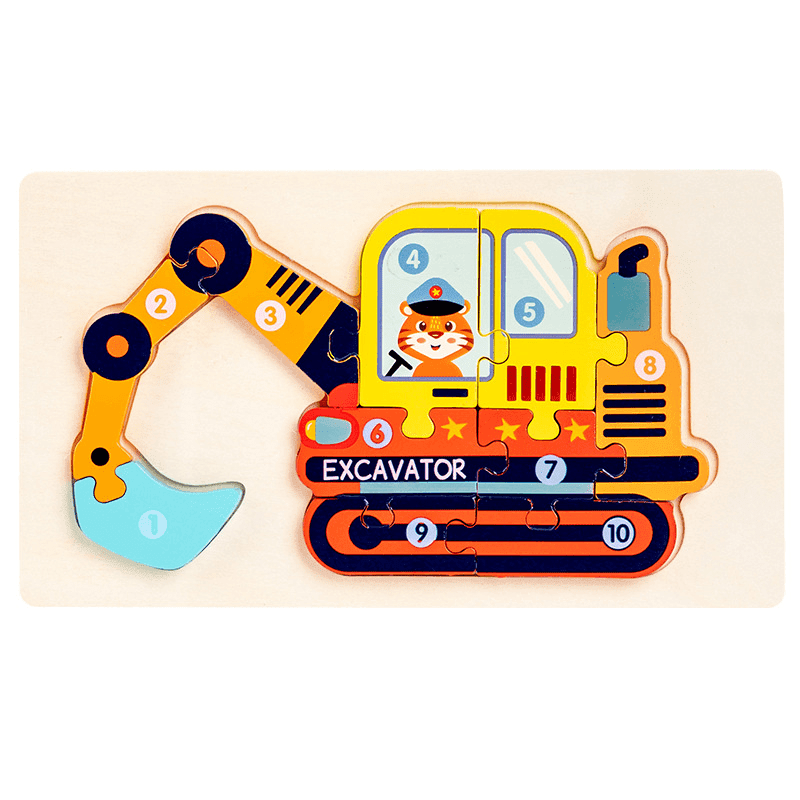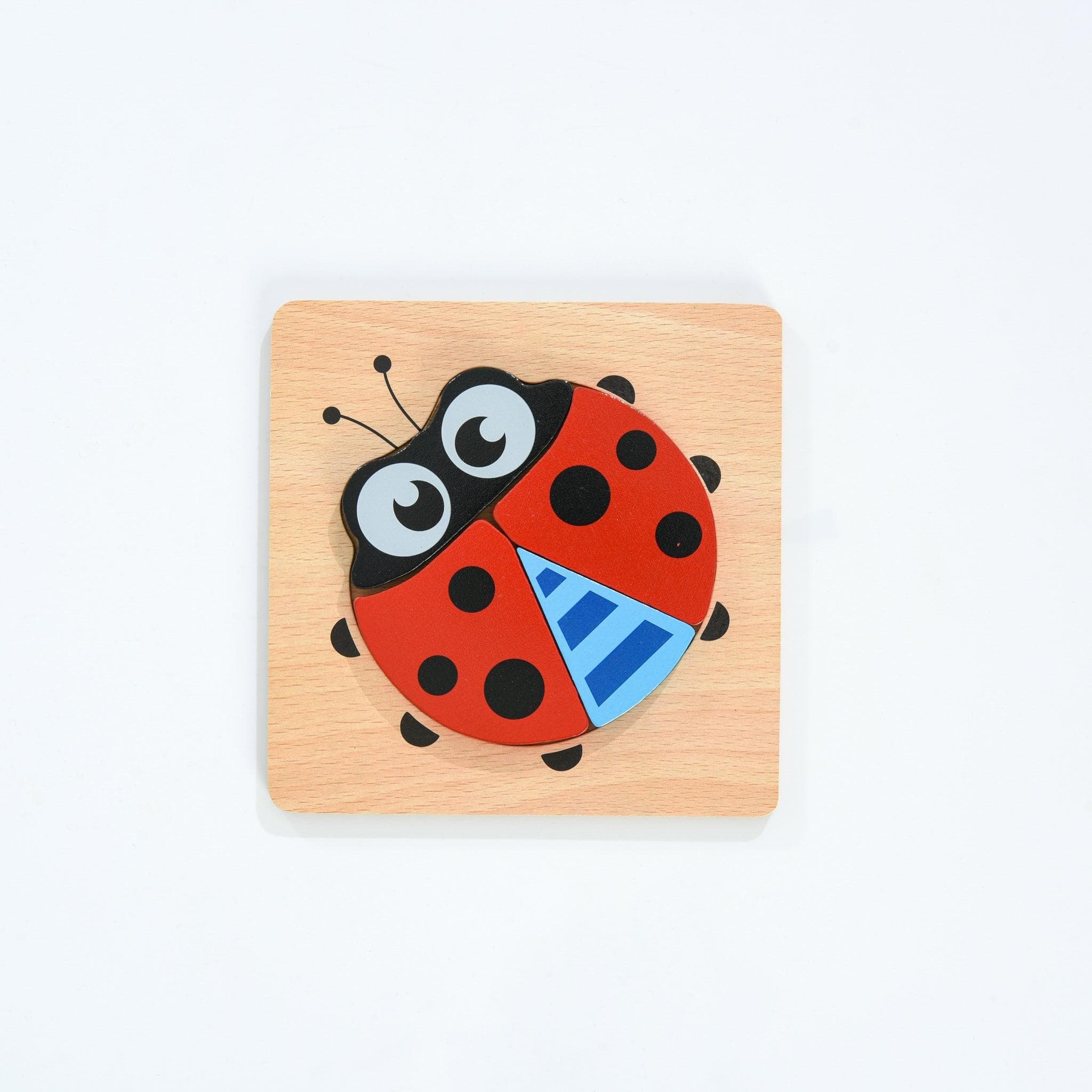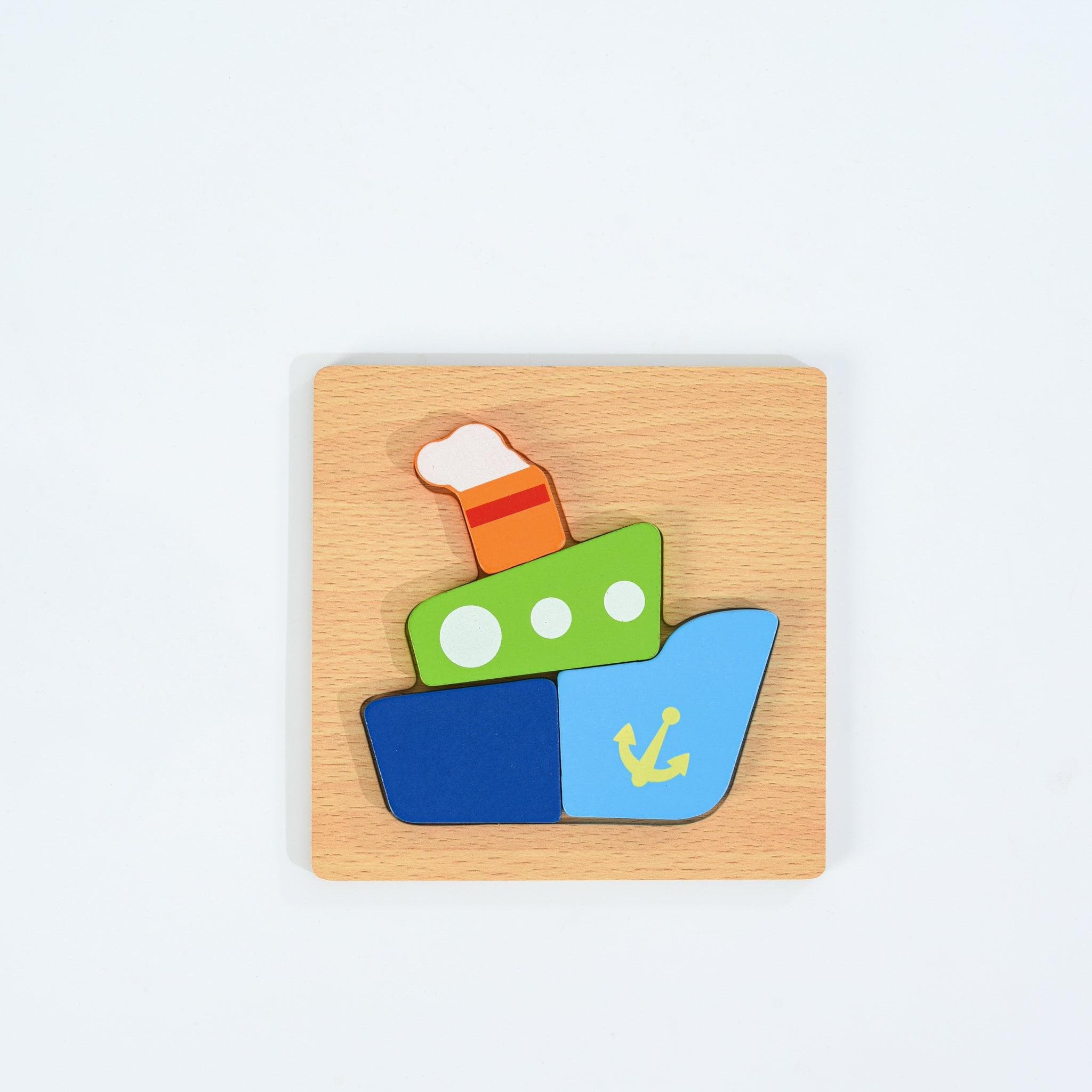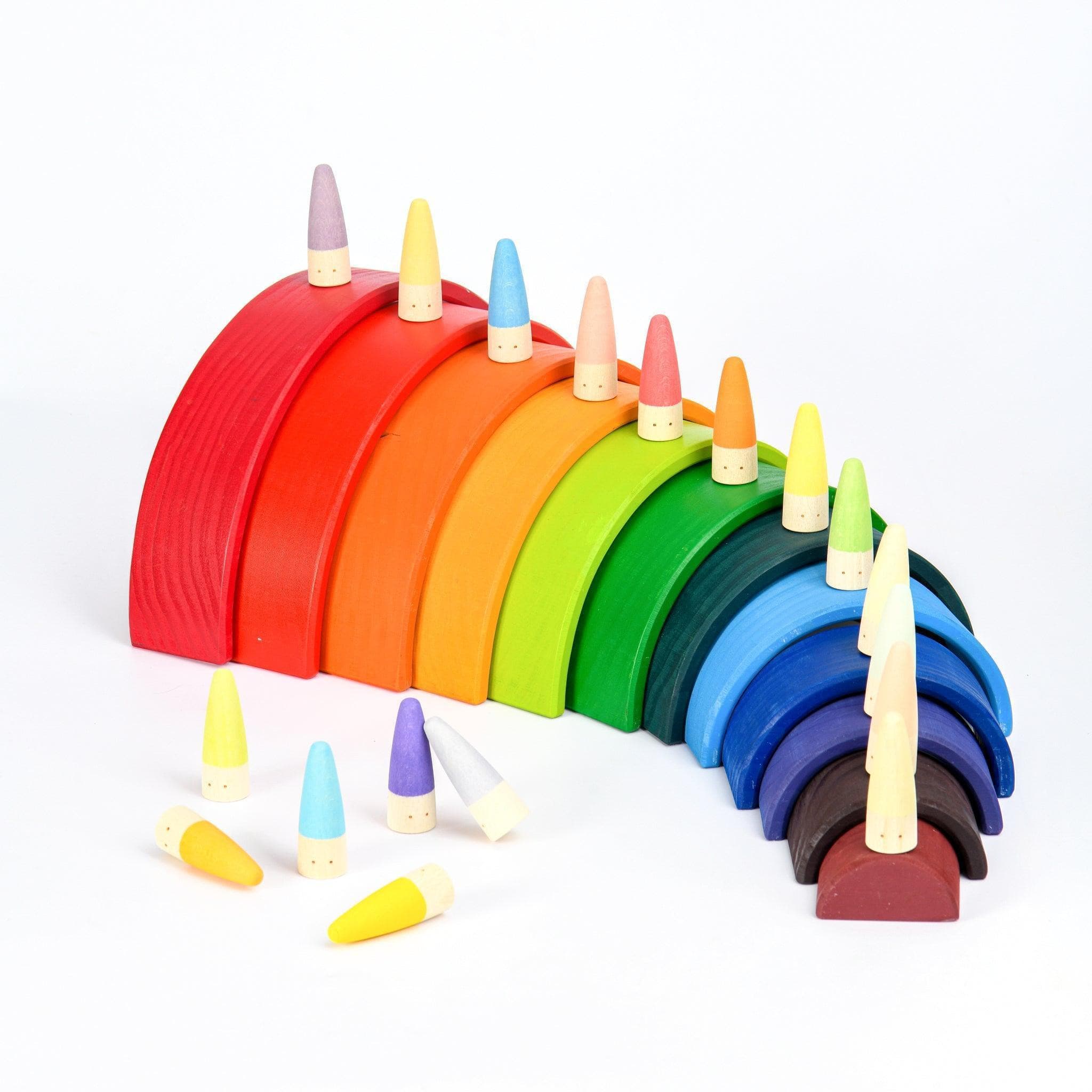2 Ways to Help Children Join a “Pretend Play” Game
Pretend play with children has numerous benefits for their development. But many people wonder how parents can engage in play with their kids. Let's learn about this below article with Melli's Kids.
The benefits of children participating in pretend play.
Children have the chance to practice a variety of skills when they role-play, including:
- Extraordinary linguistic abilities, such as the ability to plan ahead, forecast the future, give explanations, and analyze events, help kids be more controllable and successful in school.
- Soft skills, such as working in a team to discuss and solve problems, taking turns, and understanding one another's viewpoints.
- Therefore, it is without a doubt true what specialists say about the importance of pretend play (role play) in early children's development.
There are two ways for you to help young children role-play together.
1. Give your child lots of toys and items that help with this game.
It is very important to give children the right toys and supplies for their playtime. Children in the early stages of "pretend" play will use lifelike objects and toys during their playtime.
- For example, they might use a toy phone, feed a doll with a toy teapot, or repair a toy car with a small screwdriver from their toy toolbox. Provide children with toys, lifelike objects, or costumes at this stage so that they can imitate activities they normally see in everyday life, such as cooking, going to the grocery store, eating at a restaurant, or going to the doctor.
- Finally, children can use less realistic objects and open objects to play "pretend". Children's play will develop and children will be able to pretend to be roles they have never encountered or experienced in reality (like a pirate, princess, or going on a spaceship) and they will be able to use objects more flexibly when they are available (like pretending a shawl is a pirate ship's flag, or a large box is a spaceship). At this stage, providing children with practical objects will help stimulate their imagination. Such items can be boxes of various sizes, toilet rolls, napkins, empty cardboard milk cartons, and blocks.

2. Join the kids.
Researchers have found that the best way to encourage children to play the game of "pretend" with each other is for parents to participate in the game with them. Joining the game means that parents have to take on a role and become friends with the child. There are several important things parents can do when playing with their children:
- Follow Your Child's Direction: Allowing your child to take the lead in role-playing helps children practice using their imagination and language skills. They will be more motivated to play together when they decide on the theme and idea of the game. Try to wait before joining and saying something. Imagine yourself as the child's friend rather than an instructor.
- Take joy in the game as if you were a child— Watch what your child does and says; find a role in the game based on the theme you come up with. If your child "pretends" to run a restaurant, you can ask if he or she needs a waiter. If your child "pretends" to run a hospital, you can pretend you have a broken leg. Try to speak and act like the character you are playing, instead of speaking and acting from your parents' point of view. For example, instead of saying, "Maybe you can pretend to cook me some dinner?" ("Can you pretend to cook me a meal?"), pretend you are a guest and ask, "Does the chef have any specials tonight?" – ("Does the chef have anything special tonight?").
Parents should contribute more ideas to make the game more interesting such as:
- During the game, parents can sometimes add ideas to keep the game going and enrich the child's thinking.
- For example, if you are a guest at a restaurant run by your "pretend" child, you can ask the waiter if an appetizer is available, or if you can pay by card, or whether the restaurant has takeout service. Introduce lots of new words and ideas to stimulate your child's language skills but also increase the "pretend" of the game (e.g., encourage children to cook appetizers, search for food, etc.) a credit card machine, or find empty boxes for children to pack so you can take your meals home). Parents should make sure that the child will be the leader in the play. You should only add ideas to the theme of the game to enrich the game or keep the interaction lasting.
- Encourage interaction. If your child has trouble interacting, you can encourage your child by finding a character or role for them to play. For example, if the child is posing as the doctor and patient of a patient and Evelyn has trouble getting in, you could say, "I hear Dr. Evelyn is an excellent surgeon. Maybe we should ask her to help us fix Grace’s arm? " I heard Dr. Evelyn is a very good doctor. Shall we ask her to fix Grace's arm?"). In this way, parents will suggest children have a role in the game but still keep their role without ruining the "pretend" of the game.
- If you are concerned about your child's ability to play with peers, talk to your child's teacher or to a speech/language specialist. You should buy lots of toys to play pretend games with your child.

